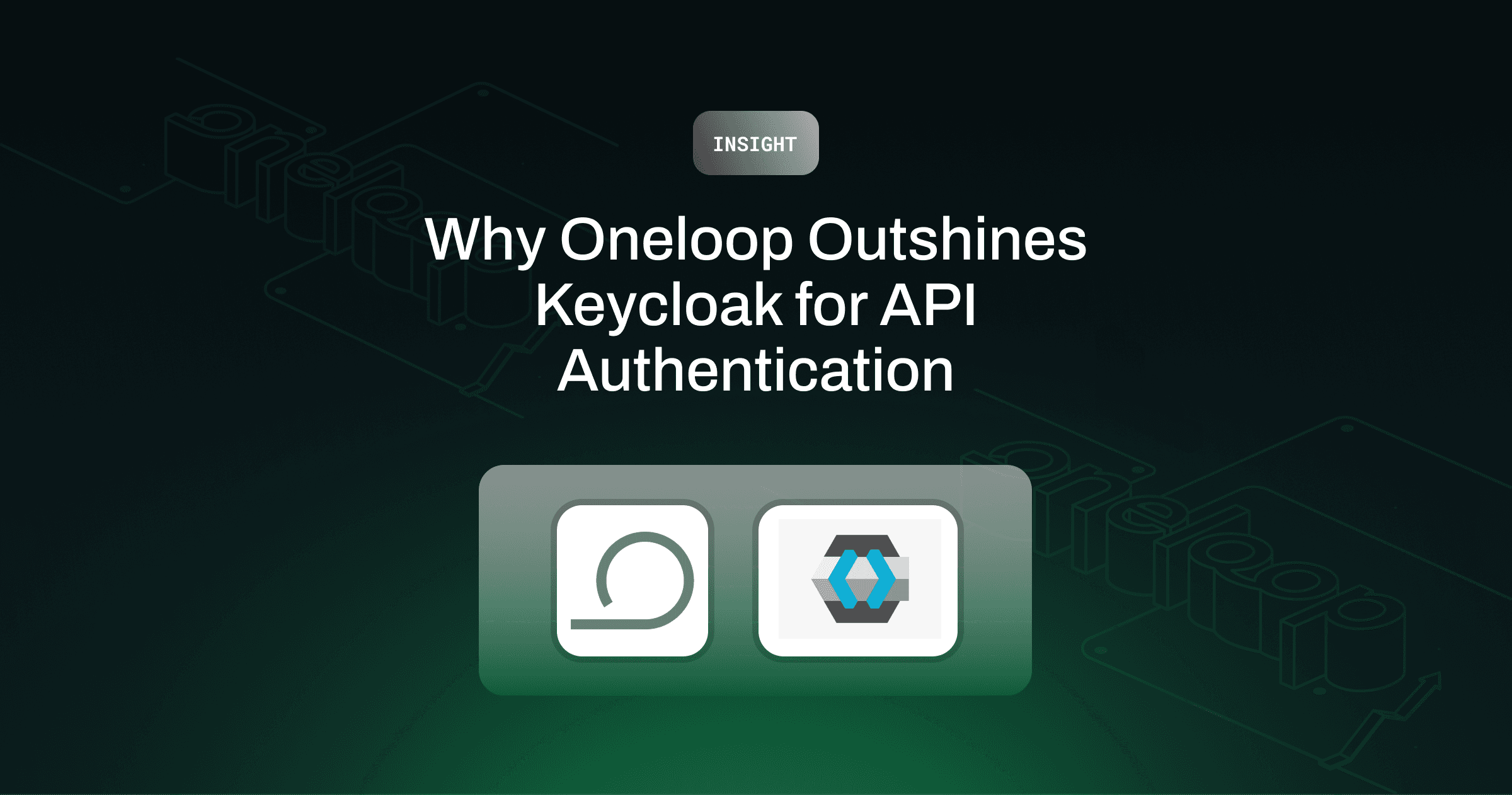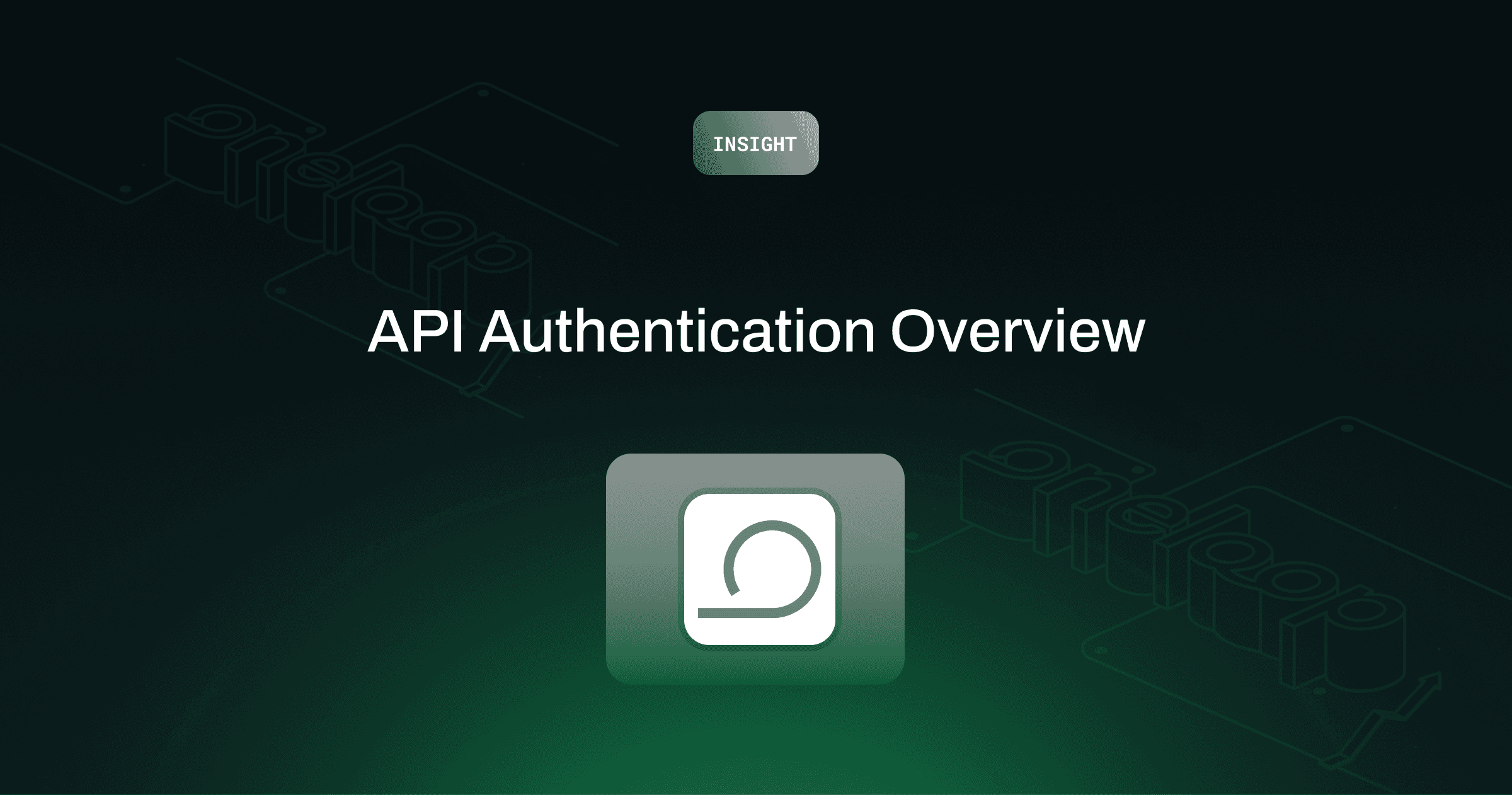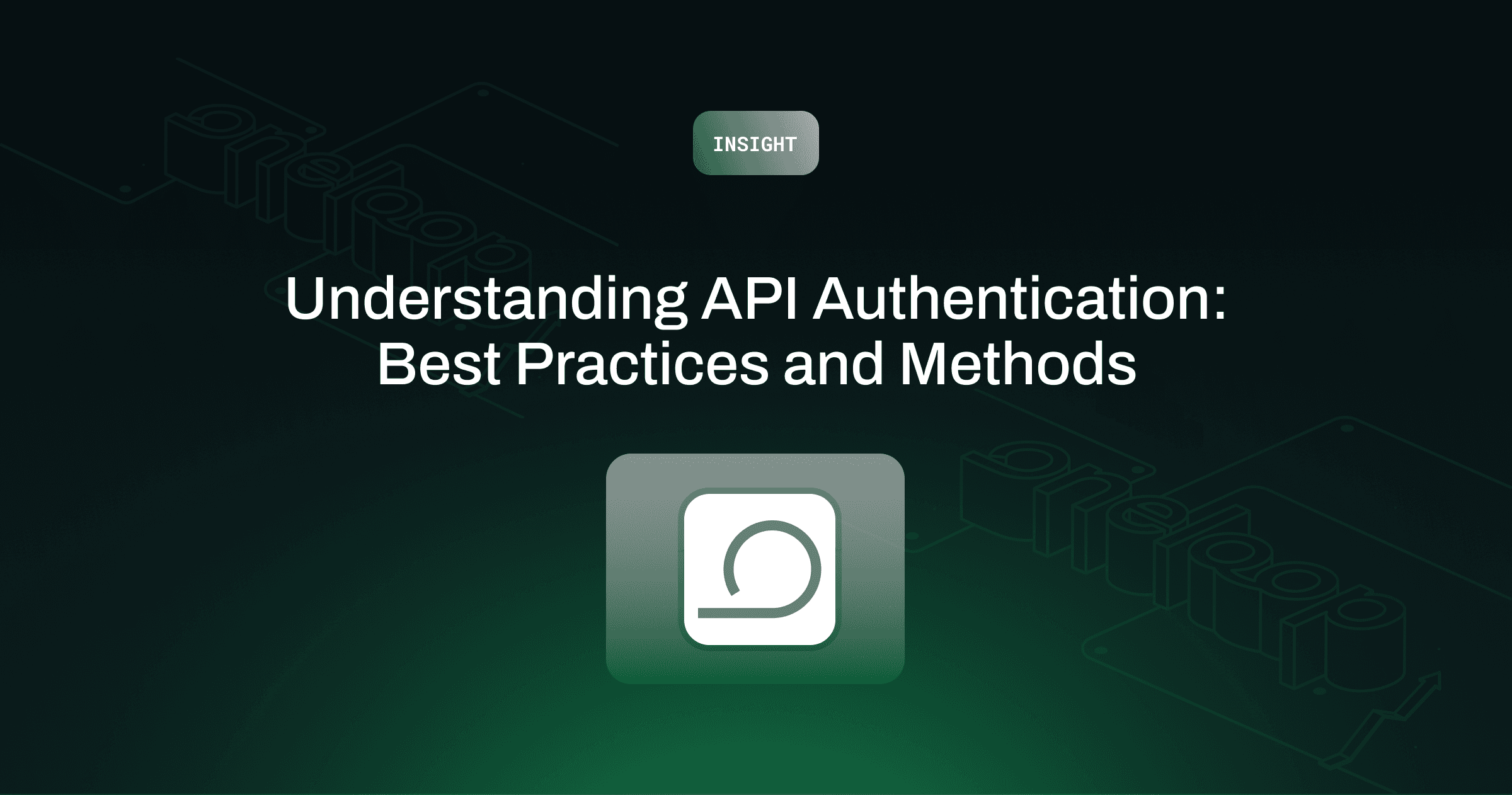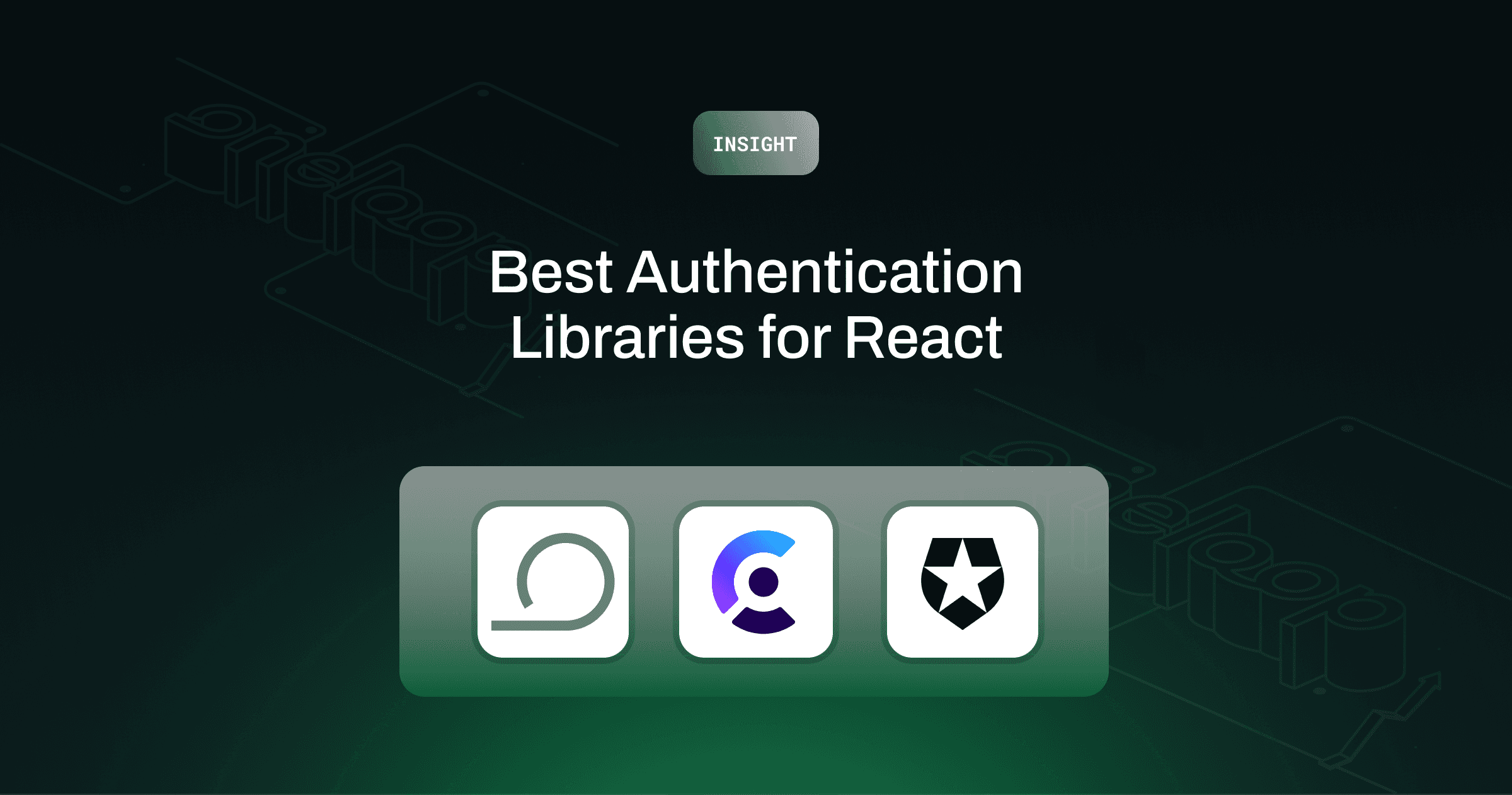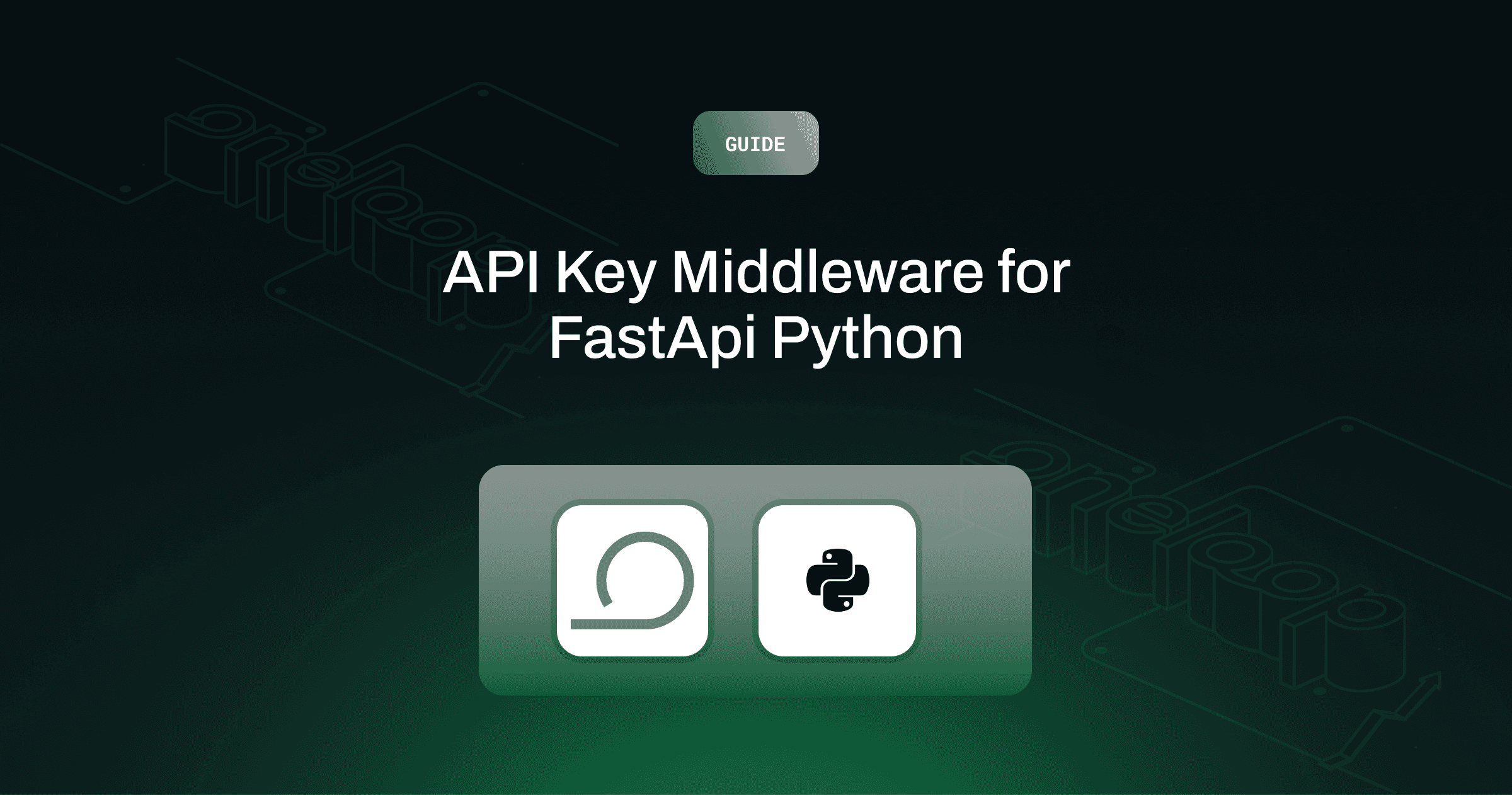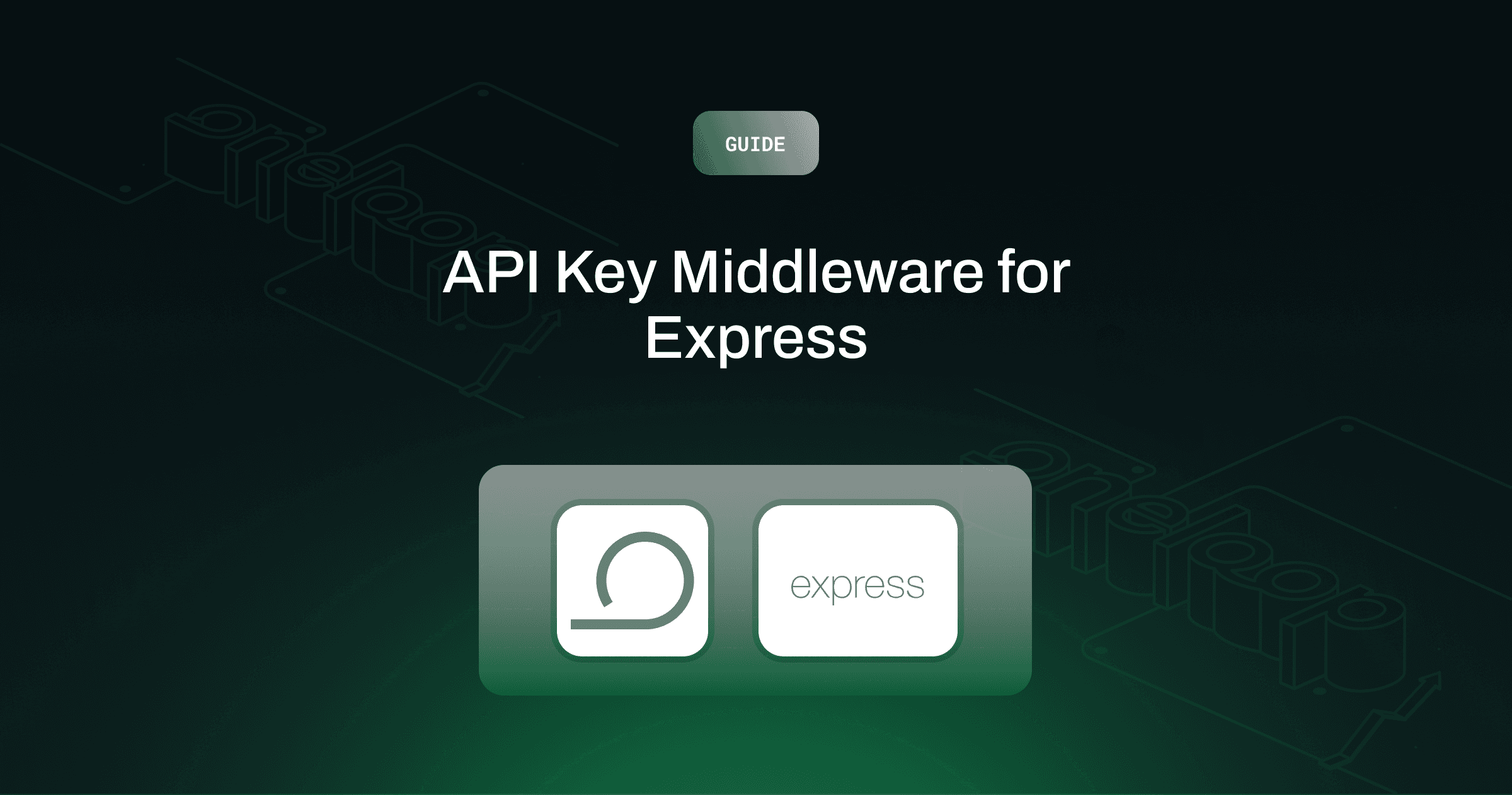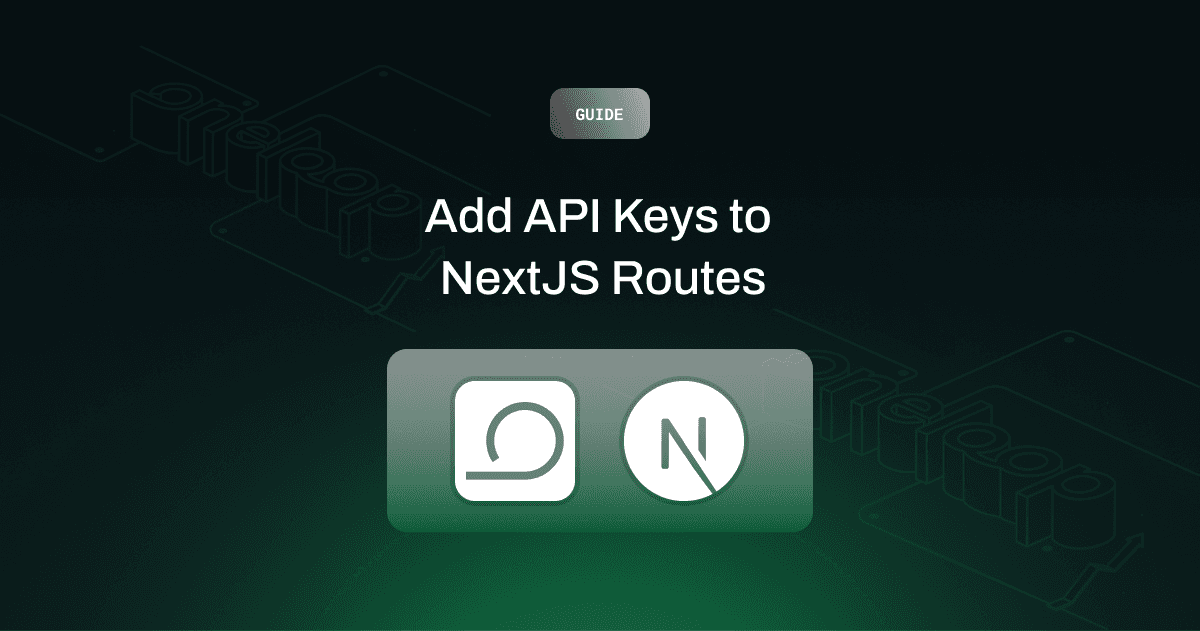Insights
Saurabh Jain
Sep 1, 2024
In today’s fast-paced digital landscape, securing your APIs is not just a necessity but a critical component of your application's architecture. Developers need authentication solutions that are not only robust and secure but also easy to integrate and maintain. While Keycloak has long been a popular choice, offering a wide array of features, Oneloop provides a more streamlined, developer-friendly approach that is specifically tailored for modern API authentication. Here’s why Oneloop is the superior choice when it comes to securing your APIs.
1. Simplified Integration
One of the most significant challenges with Keycloak is its complexity. Setting up the keycloak server, navigating the keycloak admin console, and managing numerous environment variables can be a daunting task, especially for smaller teams or those new to the platform. Oneloop, by contrast, is designed with simplicity in mind. The platform allows developers to integrate authentication into their APIs with minimal configuration and hassle, cutting down on the time and resources required to get up and running.
Oneloop also offers built-in support for newer frameworks such as FastAPI and Express, as well as popular languages like Go, TypeScript, Python, and more. This makes adoption easier for modern development teams, allowing them to leverage their existing tech stack without needing to implement custom solutions or workarounds.
2. Comprehensive API Key Management
API keys remain a popular method for authenticating requests between servers, particularly in server-to-server communications where user-centric features like social login and user federation are not required. While Keycloak’s powerful feature set includes capabilities that extend far beyond the needs of simple API key management, Oneloop offers a more focused and efficient solution. Oneloop’s API key management is robust and streamlined, making it easier for developers to secure their APIs without dealing with the additional complexity that Keycloak might introduce.
3. Robust Authentication Features Out of the Box
Oneloop is designed to go beyond the basics of API authentication by offering a suite of built-in features that enhance security and control. These include:
- Rate Limiting: Protect your APIs from abuse by controlling the number of requests that can be made within a certain timeframe. Oneloop’s rate-limiting features are easy to configure and essential for maintaining the health of your services.
- Permissions Management: Oneloop allows you to easily define and manage permissions, ensuring that only authorized users or services can access specific parts of your API. This feature is crucial for maintaining strict control over who can do what within your system.
- IP Restrictions: For added security, Oneloop allows you to restrict access to your APIs based on IP addresses. This is particularly useful for preventing unauthorized access and ensuring that your APIs are only accessible from trusted sources.
- Usage Analytics: Understanding how your APIs are being used is vital for both security and performance optimization. Oneloop provides detailed usage analytics, giving you insights into how often your APIs are accessed, by whom, and under what conditions. This data can be invaluable for making informed decisions about scaling, security, and feature development.
These features come standard with Oneloop, providing you with a robust security framework right out of the box. In contrast, achieving similar functionality with Keycloak often requires extensive configuration and a deep understanding of the platform’s more complex components.
4. JWT Access Token Generation
In addition to managing API keys, Oneloop also provides the ability to generate JWT (JSON Web Token) access tokens. JWTs are a versatile and secure way to manage authentication across different parts of your application, especially in scenarios involving distributed systems or microservices architectures. Oneloop makes it easy to issue and validate JWTs, allowing you to leverage the benefits of token-based authentication without needing to manage the intricacies of token generation and validation yourself. This flexibility is particularly advantageous in scenarios where both API keys and JWTs are required, such as when securing both server-to-server communication and user-facing services.
5. Enhanced Authorization and Access Control
While Keycloak offers comprehensive authorization services, including support for OpenID Connect and fine-grained access control through RBAC (Role-Based Access Control), these features can be overwhelming to configure and manage, particularly for teams that are new to the platform. Oneloop simplifies the process by offering a more intuitive approach to authorization, making it easy to set up and manage permissions, roles, and access controls. This means that even complex authorization scenarios can be implemented quickly and without the steep learning curve associated with Keycloak.
6. Focus on API Security
Keycloak is designed with a broad range of use cases in mind, including user authentication, social login, and user federation. However, these features, while powerful, can introduce unnecessary complexity if your primary focus is securing APIs. Oneloop is purpose-built for API security, offering a leaner, more focused toolset that allows you to secure your APIs without the overhead of managing user identities, social logins, or other user-centric features. This makes Oneloop a more efficient choice for teams whose primary concern is API security.
7. Better Support and Community
Keycloak, backed by Red Hat, has a strong community and extensive documentation. However, its complexity can sometimes make finding the right support a challenge. Oneloop, with its developer-centric approach, provides clearer documentation, more focused support, and a community that is dedicated to simplifying API authentication. This ensures that you’ll have the resources and assistance you need to implement and maintain your API security without the frustrations that can come with navigating a more complex platform like Keycloak.
Conclusion
While Keycloak is undoubtedly a powerful tool, its broad focus and complex feature set can make it overkill for many API authentication needs, particularly when simplicity, ease of use, and a focus on API security are paramount. Oneloop offers a more streamlined, developer-friendly alternative that still provides the robust features you need to secure your APIs effectively. With built-in rate limiting, permissions management, IP restrictions, usage analytics, and the ability to generate JWT access tokens, Oneloop provides a comprehensive solution that accelerates your time to market while ensuring that your APIs remain secure, scalable, and fully monitored.
By choosing Oneloop over Keycloak, you're opting for a solution that puts developers first, reduces complexity, and empowers your team to focus on what they do best: building great applications. Whether you’re managing API keys, generating JWTs, or implementing advanced security features, Oneloop offers the tools you need to secure your APIs with confidence.
